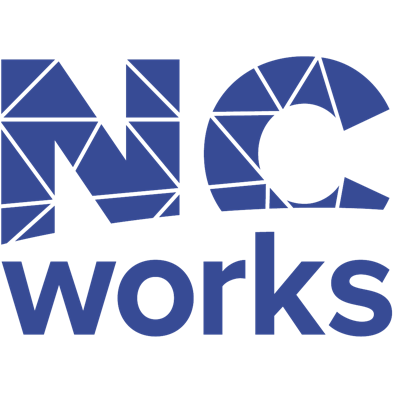Welding (Burgaw)
The growing demand for welders has caused many job seekers to consider a career in welding for a few reasons. The welding industry offers higher than average starting pay, good benefits, and a bright future. Welding is a career choice that does not require a college degree. Welders can get a welding certificate in as little as nine months. Welders are judged by their skill level, and most jobs require passing a hands-on welding test. The Burgaw program offers MIG, STICK, and TIG welding courses.
WHAT KIND OF EMPLOYMENT OPPORTUNITIES ARE OUT THERE?
Welding is one of the most essential jobs in numerous industries all over the world. It plays a significant role in a number of areas. It is vital in the creation of automobiles, airplanes, aircraft, building structures, wind turbines, oil rigs, and literally, everything made of metal. Welding includes numerous types of jobs, with each requiring a unique set of skills.
Construction Welders, Manufacturing Welders, Structural Steel Welders, Sheet Metal Workers, Industrial Maintenance Welders, Industrial Shutdown Welders, Rig Welders are the most common.
Search and Register for Upcoming ClassesEarning Potential
| Mean Salary Estimate for North Carolina | $17.12/hr-$36,552/yr (Entry Level) |
| RIG Welders (highest paid) | $37/hr- $62,494/yr |
Materials
Welding students need to purchase a welding kit for the classes in Burgaw. The kit will be used for all modules (MIG, STICK, and TIG). The kit contains a jacket, gloves, helmet, shield, visor, and chisel hammer… the bookstore sells this kit for $240.
Book: Modern Welding, 12th Edition (no access code is needed). The book can be purchased at the North Campus Bookstore for $140.00.
Goodheart-Willcox; Twelfth Edition, Revised
ISBN: 978-1635636864
Course Information
Effective, November 1st, all welding classes will increase by $40 due to the rising costs of welding supplies. New registration fee for MIG, STICK, TIG, PIPE will be $230.
STICK (SMAW)
In this course, students will learn the skills necessary to cut and join mild steel parts using the Oxy-fuel cutting and SMAW (Stick Welding) welding processes. This will include flat (1F, 1G), horizontal (2F, 2G), vertical (3F, 3G), and overhead (4F, 4G) positions and the proper methods, joint preparation, machine set-up/maintenance, and electrode selection. 176 hours. $190.
MIG (GMAW)
In this course, students will learn the skills necessary to cut and join mild steel parts using the Oxy-fuel cutting, GMAW (MIG), and FCAW (flux-core) arc welding processes. This will include flat (1F, 1G), horizontal (2F, 2G), vertical (3F, 3G), and overhead (4F, 4G) positions and the proper methods, joint preparation, machine set-up/maintenance, and electrode selection.
128 hours. $230.
TIG (GTAW & FCAW)
In this course, students will learn the skills necessary to cut and join mild and stainless steel parts using the Oxyfuel and Plasma cutting and GTAW (TIG) welding processes. This will include flat (1F, 1G), horizontal (2F, 2G), vertical (3F, 3G), and overhead (4F, 4G) positions and the proper methods, joint preparation, machine set-up/maintenance, and electrode selection. 128 hours. $230.
PIPE (GTAW & FCAW)
In this course students will learn to develop skills in Oxy-fuel cutting (OAC), (Gas Tungsten Arc Welding) GTAW and Shielded Metal Arc Welding (SMAW). Students will use OAC process to cut steel and the GTAW and SMAW process in 1,2,3,4G position on steel pipe weld positions of 1G, 2G, 5G, and 6G. Weld quality is assessed per AWS D1.1 Structural Steel Code which will prepare students to weld pipe in any position. 96 hours. $230.


